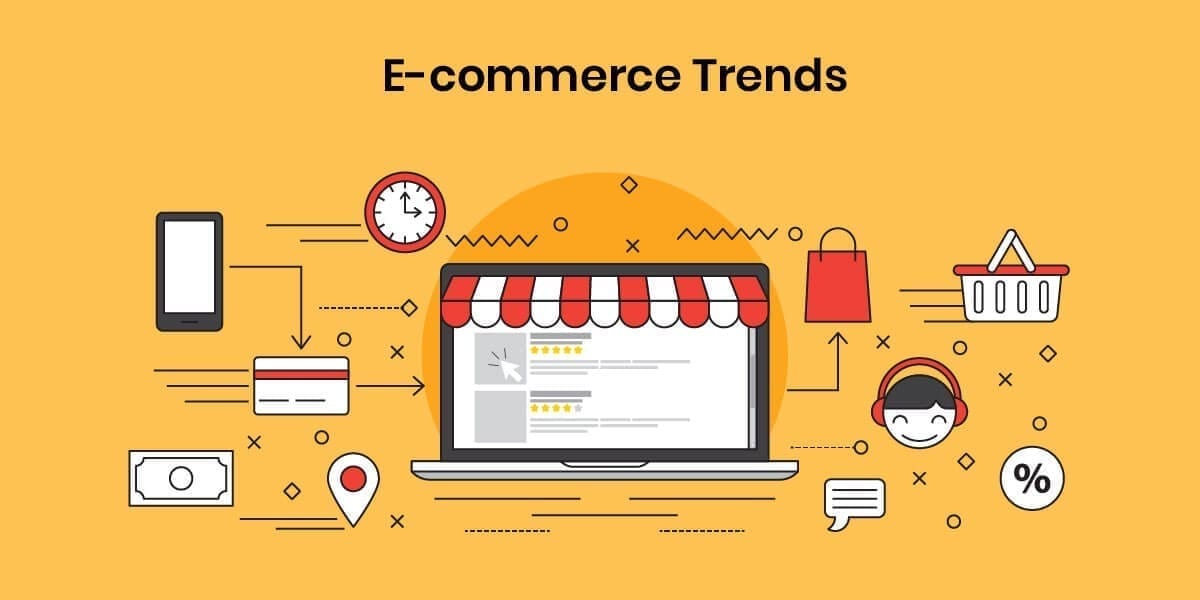In today’s globalized economy, supply chain management is more complex than ever. Businesses are constantly seeking ways to improve transparency, reduce costs, and enhance efficiency. Enter blockchain technology—a revolutionary tool that’s transforming supply chains across industries. From food safety to luxury goods, blockchain is providing unprecedented levels of traceability and security. This article explores how blockchain is reshaping supply chain management and what it means for businesses in 2024 and beyond.
1. What is Blockchain Technology?
Blockchain is a decentralized, digital ledger that records transactions across a network of computers. Each transaction is stored in a “block,” which is linked to the previous one, forming a “chain.” This structure ensures that data is secure, transparent, and tamper-proof.
- Key Features of Blockchain:
- Decentralization: No single entity controls the data.
- Transparency: All participants can view the transaction history.
- Immutability: Once recorded, data cannot be altered.
- Security: Advanced encryption protects against fraud.
These features make blockchain an ideal solution for supply chain challenges.
2. How Blockchain Enhances Supply Chain Transparency
One of the biggest challenges in supply chain management is lack of transparency. Blockchain addresses this issue by providing a single, shared source of truth for all stakeholders.
- Real-Time Tracking: Blockchain allows businesses to track products in real-time, from raw materials to the end consumer.
- Provenance Verification: Consumers can verify the origin and authenticity of products, which is especially important for industries like food and luxury goods.
- Case Study: Walmart uses blockchain to track the journey of mangoes from farm to store, reducing the time it takes to trace the source of contamination from 7 days to 2.2 seconds.
By improving transparency, blockchain builds trust between businesses and consumers.
3. Reducing Costs with Blockchain
Supply chains are often plagued by inefficiencies that drive up costs. Blockchain can streamline processes and eliminate unnecessary expenses.
- Eliminating Intermediaries: Blockchain enables direct transactions between parties, reducing the need for middlemen.
- Automating Processes: Smart contracts—self-executing agreements coded on the blockchain—can automate tasks like payments and inventory management.
- Reducing Fraud: Blockchain’s immutability prevents fraudulent activities, such as counterfeit goods and double invoicing.
These cost-saving benefits make blockchain a game-changer for supply chain management.
4. Improving Supply Chain Efficiency
Blockchain can significantly enhance the efficiency of supply chains by reducing delays and improving coordination.
- Faster Transactions: Blockchain enables near-instantaneous transactions, even across borders.
- Better Collaboration: All stakeholders can access the same data, reducing miscommunication and errors.
- Inventory Management: Blockchain provides real-time visibility into inventory levels, helping businesses avoid overstocking or stockouts.
Efficient supply chains lead to faster delivery times and happier customers.
5. Blockchain in Action: Industry Applications
Blockchain is being adopted across various industries to solve unique supply chain challenges.
- Food Industry: Blockchain ensures food safety by tracking the journey of products from farm to table.
- Pharmaceuticals: Blockchain prevents counterfeit drugs by verifying the authenticity of medications.
- Luxury Goods: Brands like Louis Vuitton use blockchain to combat counterfeit products and assure customers of authenticity.
- Automotive: Blockchain tracks the sourcing of raw materials, ensuring ethical practices.
These examples demonstrate the versatility of blockchain in supply chain management.
6. Challenges of Implementing Blockchain
While blockchain offers numerous benefits, it’s not without challenges.
- High Initial Costs: Implementing blockchain requires significant investment in technology and training.
- Scalability Issues: Blockchain networks can become slow and expensive as they grow.
- Regulatory Uncertainty: The lack of clear regulations can hinder adoption.
- Resistance to Change: Some stakeholders may be reluctant to adopt new technology.
Despite these challenges, the potential benefits of blockchain far outweigh the drawbacks.
7. The Future of Blockchain in Supply Chain Management
As blockchain technology evolves, its impact on supply chain management will only grow.
- Integration with IoT: Combining blockchain with the Internet of Things (IoT) will enable even greater transparency and automation.
- Sustainability: Blockchain can promote sustainable practices by tracking the environmental impact of supply chains.
- Global Adoption: More industries and countries will adopt blockchain, creating a more interconnected global economy.
The future of supply chain management is blockchain-powered.
Conclusion
Blockchain is revolutionizing supply chain management by enhancing transparency, reducing costs, and improving efficiency. While challenges remain, the potential benefits are too significant to ignore. Businesses that embrace blockchain today will be better positioned to thrive in the competitive landscape of 2024 and beyond. The question is no longer whether blockchain will transform supply chains—it’s how quickly businesses can adapt to this transformative technology.





